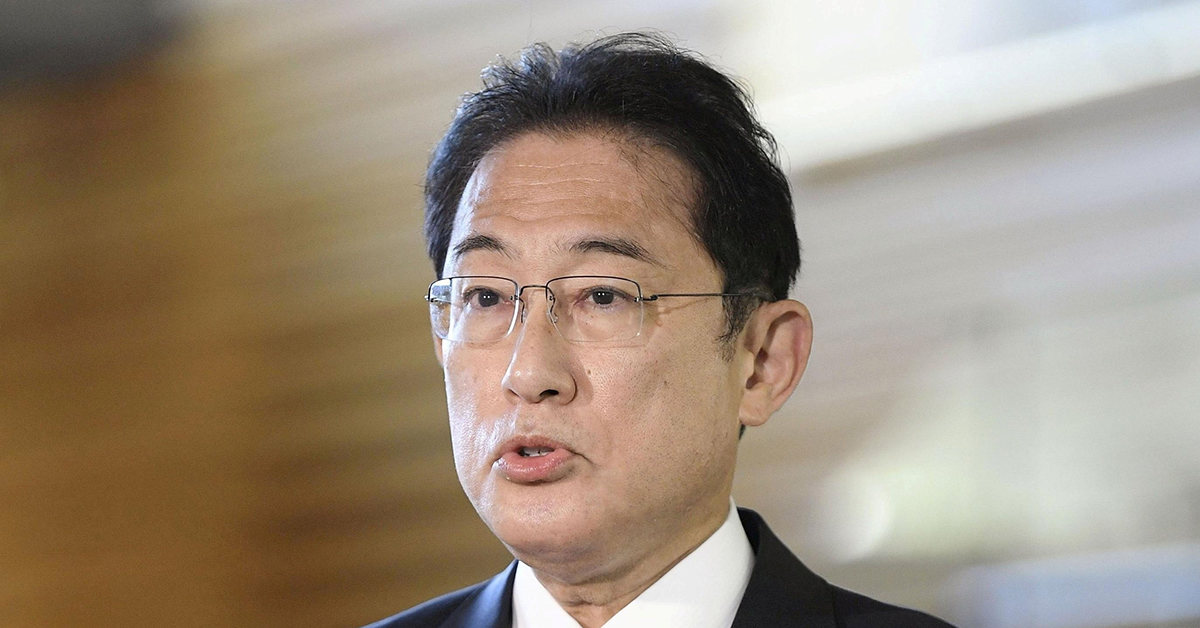Japan’s Prime Minister Fumio Kishida seeks to follow the path carved out by the late Shinzo Abe on foreign and defense policy while putting his own stamp on economic policy.

On July 8, 2022, Shinzo Abe, Japan’s longest-serving prime minister, was assassinated while giving a speech at a political rally. Abe’s passing came before elections held on July 10, in which the ruling Liberal Democratic Party (LDP) and its coalition partner Komeito won a supermajority in the upper house.
With Abe out of the political picture, attention turned fully to Japan’s Prime Minister Fumio Kishida and what he will do next. Will Kishida follow in Abe’s shadow or seek to pave a path all of his own? It appears he will try to do both.
In a recent speech, Kishida vowed to carry forward Abe’s policies, which included a controversial attempt to revise Japan’s pacifist constitution and an effort to launch a growth strategy to revitalize the economy.
At the same time, Kishida is seeking his own way by recently launching “new capitalism”: a growth strategy to encourage investment of household assets and to invest in technology and innovation, the startup ecosystem, the green economy and digital transformation.
Kishida has been in charge for less than a year, having taken over as prime minister after Yoshihide Suga’s short-lived stint, which had lasted from September 2020 to October 2021. However, critics already point out that Kishida’s “new capitalism” lacks specifics.
Amid a global cost-of-living crisis that is being felt in Japan, what can we expect from Kishida in the third and fourth quarters? Given the LDP’s recent political wins, we can expect that “Japan will remain a bastion of policy stability,” says Jesper Koll, an ambassador for FinCity.Tokyo, an organization with a mandate to promote the Japanese capital as a global financial center.
While Kishida has a mandate for change, he also has a responsibility—working hand in glove with the Bank of Japan—to steer a steady ship, Koll says, because Japan “is the one democratically elected government where fiscal policy and regulatory policy actually get done.”
“In Japan, fiscal policy actually works. They have a long history of fighting against cost-push inflation through fiscal measures: subsidizing the oil price, food prices [and so on],” he explains.
“The reality of fiscal measures cushioning the loss of purchasing power to consumers—that’s the number one priority and the number one message that you need to take away from looking at Japan,” adds Koll.



